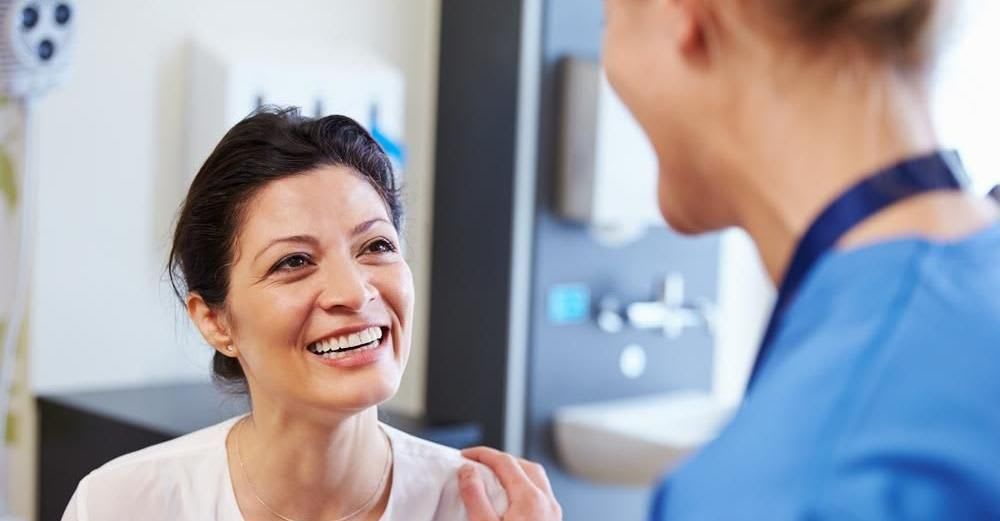Thinking of Taking a Year Off From Med School? Read This First
Rutgers Today, the university newsletter of New Jersey’s Rutgers University, recently ran a story highlighting a trend being seen across the country’s medical schools: More and more students are choosing to take a year off from their classroom studies to pursue complementary academic interests. Known as “student scholar” years, this increasingly common “timeout” gives students the freedom to direct their own learning experiences. Wondering whether a year off is right for you? Read on for a roundup of student scholar year pros and cons.
- Student Tips

Rutgers Today, the university newsletter of New Jersey’s Rutgers University, recently ran a story highlighting a trend being seen across the country’s medical schools: More and more students are choosing to take a year off from their classroom studies to pursue complementary academic interests. Known as “student scholar” years, this increasingly common “timeout” gives students the freedom to direct their own learning experiences. Wondering whether a year off is right for you? Read on for a roundup of student scholar year pros and cons.
The Pros of Student Scholar Years
If you’ve had tunnel vision about getting through medical school in order to finally earn those prestigious two initials after your name, the thought of taking time off when your degree is finally within your reach may sound ludicrous. However, from a “big picture” perspective, taking a year off makes smart sense -- particularly when it can help put you on a more direct path to your career goals. The pros of student scholar years include:

1. You’ll get to pursue research in a career-related field.
The average medical school curriculum is extremely rigorous, and does not leave much time for extracurricular academic pursuits. For students with interest in a particular area of study, scholar years represent a unique opportunity to dig deeper. Undertaking a period of dedicated research can help you acquire foundational knowledge in research development and execution. Presenting and submitting research for publication, meanwhile, can lead to tangible evidence of your achievements.

2. You’ll restore, recharge and recommit.
Many students experience mental, physical and emotional burnout as the end of medical school approaches. With equally intense residencies on the horizon, stress levels can escalate. While taking a student scholar year is hardly a vacation, it’s a different environment than medical school. For students looking for a change of pace, student scholar years offer exactly that -- without taking them off course from their goals.
The best part? Students who take time off during medical school typically return with an increased commitment to their studies, their careers, and the field of medicine. As James Hill, associate dean of student affairs at New Jersey Medical School told Rutgers Today, “Students generally return to medical school reassured that they’ve chosen the right career path for them. They have the advantage of having worked somewhat independently and experienced being part of a team making a difference in people’s lives or in meaningful research endeavors. They have a better idea of what to anticipate when they graduate from medical school.”

3. Your CV will get a boost.
Many students mistakenly assume that stepping off the hamster wheel of medical school will harm their chances to get their dream residencies. As it turns out, the opposite may be true -- particularly if you’re looking to distinguish yourself in a highly competitive specialty. Clinically-oriented research can also be particularly beneficial.
The Cons of Student Scholar Years
While it’s true that many medical school students have plenty to gain from student scholar years, it’s also important to factor in the potential downsides of time off. In addition to the potential loss of momentum that comes with taking a break from medical school, possible cons include the following:

1. You’ll need to have something to show for your time off.
The primary aim of the student scholar year is to better position students toward their career goals. In order to accomplish this, your time off must be productive. End up with nothing to show for your time off and you’re likely to wind up in the opposite predicament with decreased chances of landing a competitive residency. Not only that, but if your eventual goals are more focused on clinical medicine -- as opposed to academic medicine or research -- a student scholar year may also offer limited returns.

2. It may cost you.
Depending on the type of loan you have, a year off may impact your student loan status. Certain loans have longer grace periods, while others factor in whether the time off is academically relevant. Will taking a student scholar year result in an extra year of interest, or the need to begin repayment sooner? These questions should be factored into your decision. If you aren’t sure how a student scholar year will impact you financially, check in with your financial aid office for clarification.

3. You won’t graduate with your friends.
Medical school classes are typically tight-knit. From the time you walk into your first medical school classroom, you can expect to start making lifelong bonds with the people around you. While these friendships won’t go away just because you don’t graduate together, you should consider whether graduating with your starting class is important to you. When you do return to medical school, how will you feel about finishing with a completely new group of people? Many student scholars choose to take time off after the third year so they can do their rotations with their original classmates.
As with many things in life, there’s no clear-cut “yes” or “no” answer when it comes to deciding whether or not to take a student scholar year. By assessing your unique motivations alongside these pros and cons, you can make the decision that best supports your career goals.

Joanna Hughes
Author
Joanna worked in higher education administration for many years at a leading research institution before becoming a full-time freelance writer. She lives in the beautiful White Mountains region of New Hampshire with her family.
Read related articles

What You Should Know If You Want To Practice Medicine Abroad

Five Countries to Choose for Nursing Degrees
